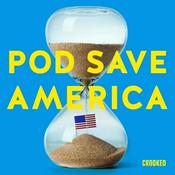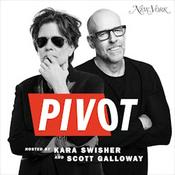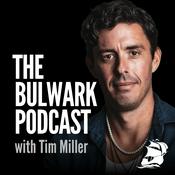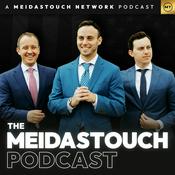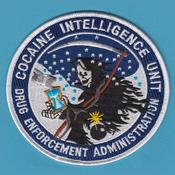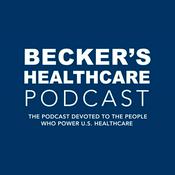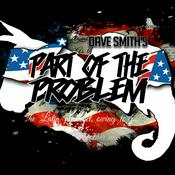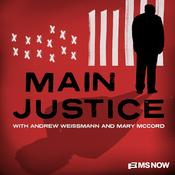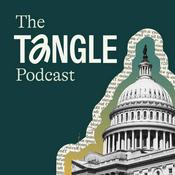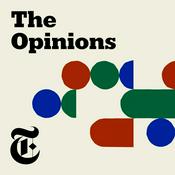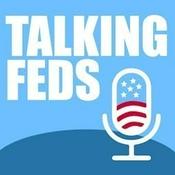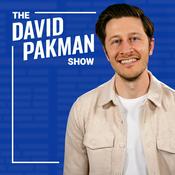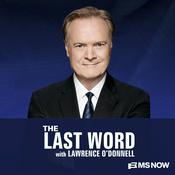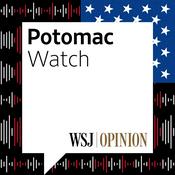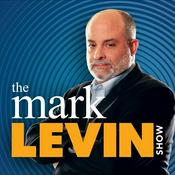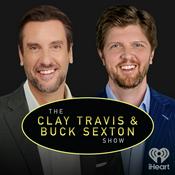82 episodes

Dr. Robert Haley - How a Researcher Discovered the Cause of Gulf War Illness
1/02/2026 | 19 mins.
For more than 30 years, U.S. veterans of the first Gulf War have reported persistent, unexplained symptoms of fatigue, cognitive problems, vertigo, and chronic pain, without a clear medical cause. Early theories fell short of solving the mystery, but thanks to newer imaging technologies, researchers are finally getting a sharper view of what happened. They have discovered elevated creatine levels, suggesting the brain is working to compensate for impaired mitochondrial function. It all points to the brain’s energy system, opening the door to possible treatments after years of uncertainty. We are joined this week by Dr. Robert Haley to talk about the mechanisms behind Gulf War illness.

Interview with Roger Johnson, Founder of Newswise
12/26/2025 | 24 mins.
In this episode, I’m joined by Roger Johnson, the founder of Newswise. Roger launched Newswise in the early days of personal computing with a simple but powerful idea: make credible science and research news easier for journalists to find and use.We explore the origins of Newswise, the role of curiosity in journalism and science, and how early technology reshaped the way information is shared. We also talk about creativity, asking better questions, and what the future may hold for science communication in an evolving media landscape.

Dr. Jessica Troilo - How to Survive and Enjoy Family Gatherings This Holiday Season
12/19/2025 | 23 mins.
Over the holidays, families can connect with one another in more ways than just gathering around the table. Quality time provides countless opportunities for meaningful interaction and shared experiences beyond the traditional family meal. This week, we turn to a family studies expert for some advice on how to make a family gathering more fulfilling. Even when tensions run high, there are practical tools for both hosts and guests to manage expectations, set intentions, and know when to step back. We’ll talk with Dr. Jessica Troilo about how small shifts in mindset and behavior can help families build stronger, more joyful holiday experiences. She teaches that families don’t have to be perfect, but they should strive to be flexible, emotionally connected, and resilient.

Dr. Edward Yoon - How to "Turn Off" a Certain Type of Back Pain
12/12/2025 | 14 mins.
For millions that suffer from back pain, finding relief is an ongoing struggle. Doctors like our guest today, Dr. Edward Yoon, are performing a new procedure that could finally give them a solution. He combines high tech imaging with minimally invasive techniques for effective treatment that takes into account the broader landscape of musculoskeletal care. Unlike temporary treatments like epidural injections, this procedure offers lasting benefits.

Professor Parke Wilde - Food Insecurity During the Holidays
12/05/2025 | 19 mins.
Questions about food prices have become more urgent for many Americans, and even more so during the holidays. As families make choices about how to manage their grocery bill, what does food insecurity and scarcity look like? How does it affect the community whether or not people can afford their next meal? Today we’re talking about it with Professor Parke Wilde, a professor at Tufts, where he studies the economics of nutrition assistance programs. Dr. Wilde, welcome.
More News podcasts
Trending News podcasts
About Curious by Nature
Listen to Curious by Nature, Up First from NPR and many other podcasts from around the world with the radio.net app
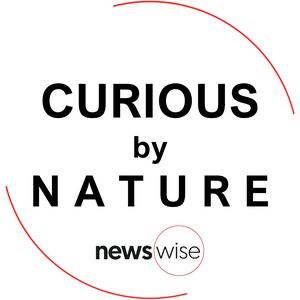
Get the free radio.net app
- Stations and podcasts to bookmark
- Stream via Wi-Fi or Bluetooth
- Supports Carplay & Android Auto
- Many other app features
Get the free radio.net app
- Stations and podcasts to bookmark
- Stream via Wi-Fi or Bluetooth
- Supports Carplay & Android Auto
- Many other app features


Curious by Nature
download the app,
start listening.



